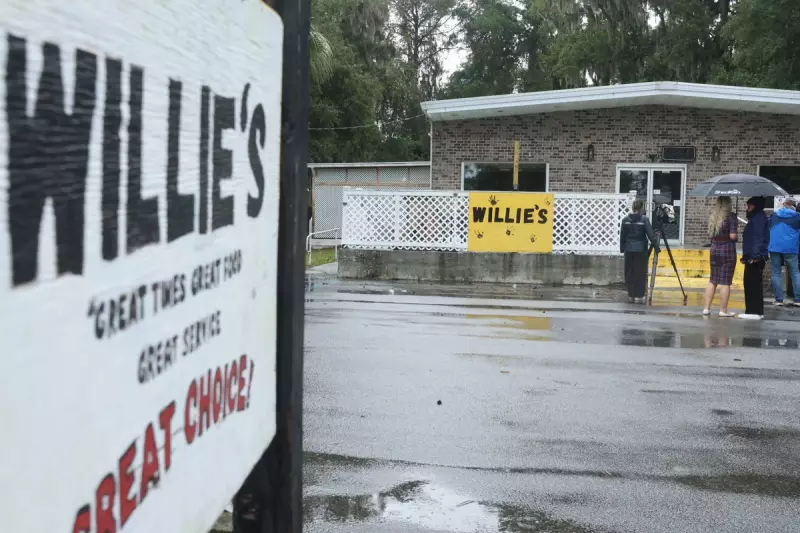
In a remarkable breakthrough that demonstrates the evolving power of forensic science, authorities in South Carolina have finally identified the perpetrator of a brutal murder that remained unsolved for nearly a quarter of a century.
The Cold Case Breakthrough
Police in Columbia announced they have closed the case of 21-year-old Melissa 'Liz' Ladd, who was tragically murdered in 2000. The identification came through advanced DNA analysis techniques that weren't available when the crime originally occurred.
The investigation revealed that the suspect, Thomas 'Tommy' W. Davis, died in 2008 at age 47, meaning he will never face trial for the crime. Davis had a criminal history including assault and battery, though he was never previously considered a suspect in Ladd's murder.
How the Mystery Unravelled
The breakthrough came when investigators submitted crime scene evidence to Othram, a private forensic genealogy laboratory. Using cutting-edge DNA technology, they developed a comprehensive DNA profile that traditional methods had failed to produce.
Forensic genealogists then built a family tree from the DNA evidence, eventually leading them to Davis. To confirm the match, investigators obtained a DNA sample from Davis's son, which provided the definitive connection.
A Victim Remembered
Melissa Ladd was described by those who knew her as a vibrant young woman with a promising future. She was last seen alive leaving a bar in Columbia's Five Points entertainment district in the early hours of April 25, 2000.
Her body was discovered later that day in her apartment, having suffered fatal blunt force trauma. The case had frustrated investigators for years despite numerous interviews and evidence collection efforts.
The New Era of Crime Solving
This case represents another victory for forensic genetic genealogy, a technique that has revolutionized cold case investigations across the United States and beyond. The method combines DNA analysis with traditional genealogical research to identify suspects through their family connections.
Richland County Sheriff Leon Lott emphasized the importance of this technological advancement, stating it provides hope for solving other long-dormant cases and bringing closure to grieving families.





